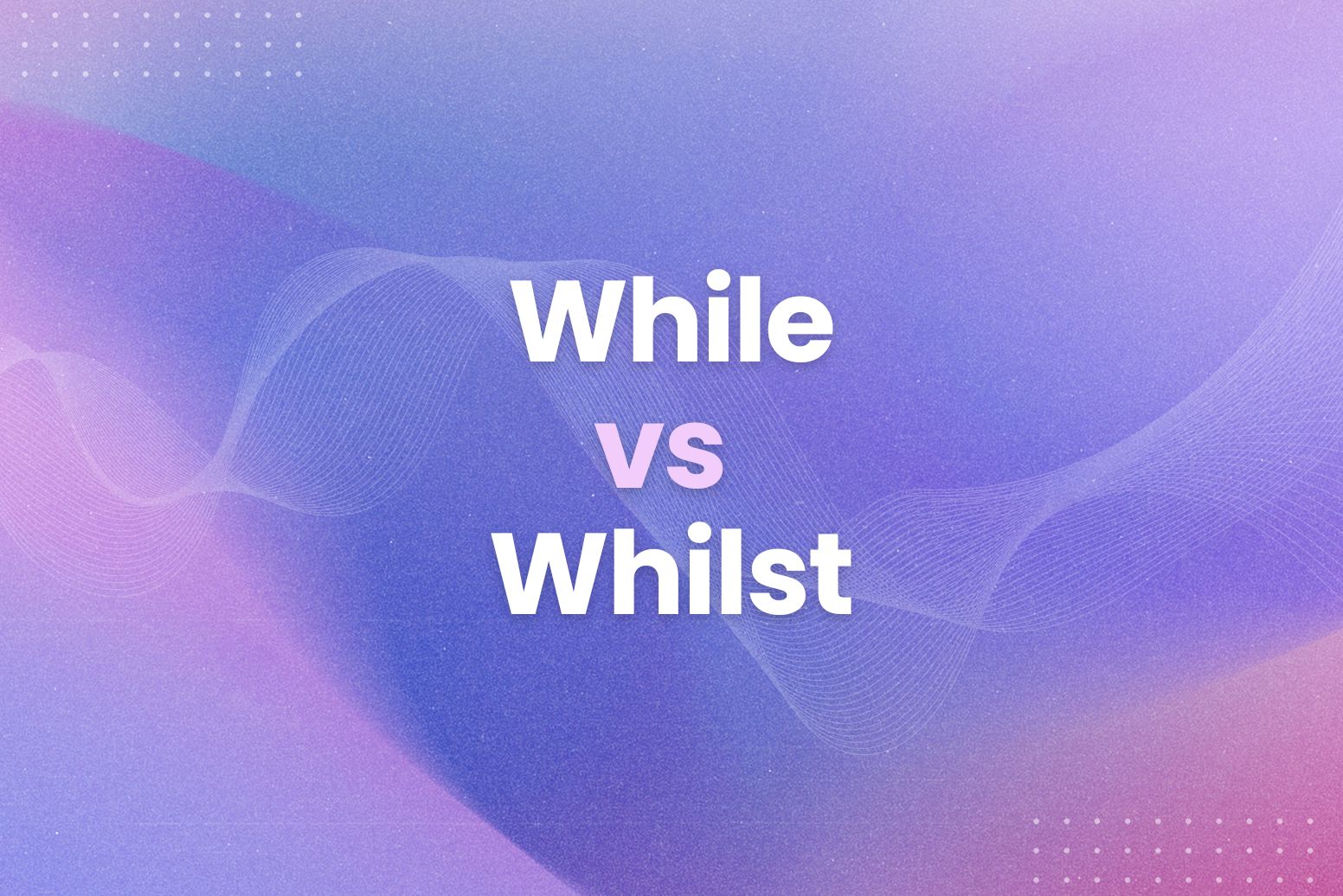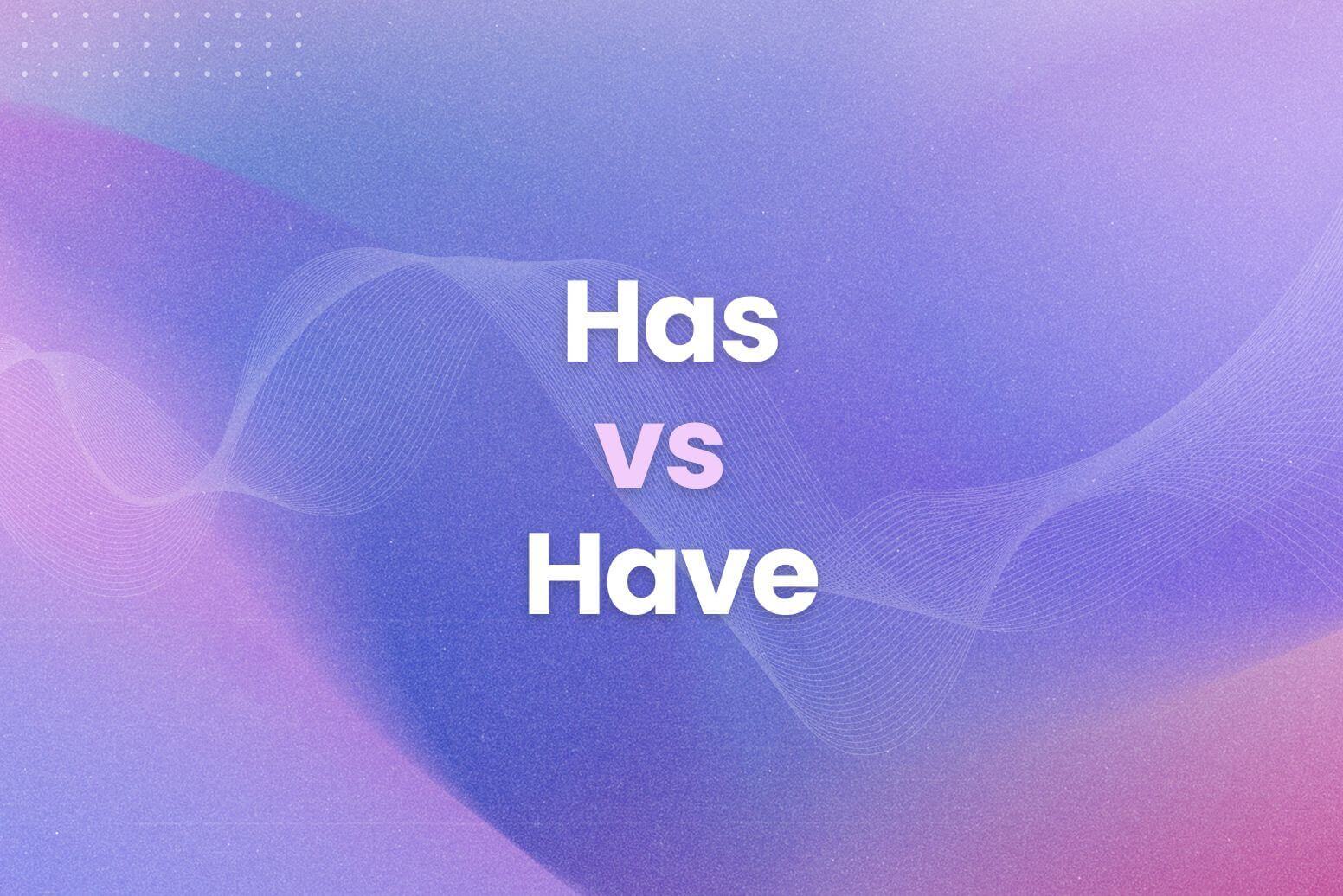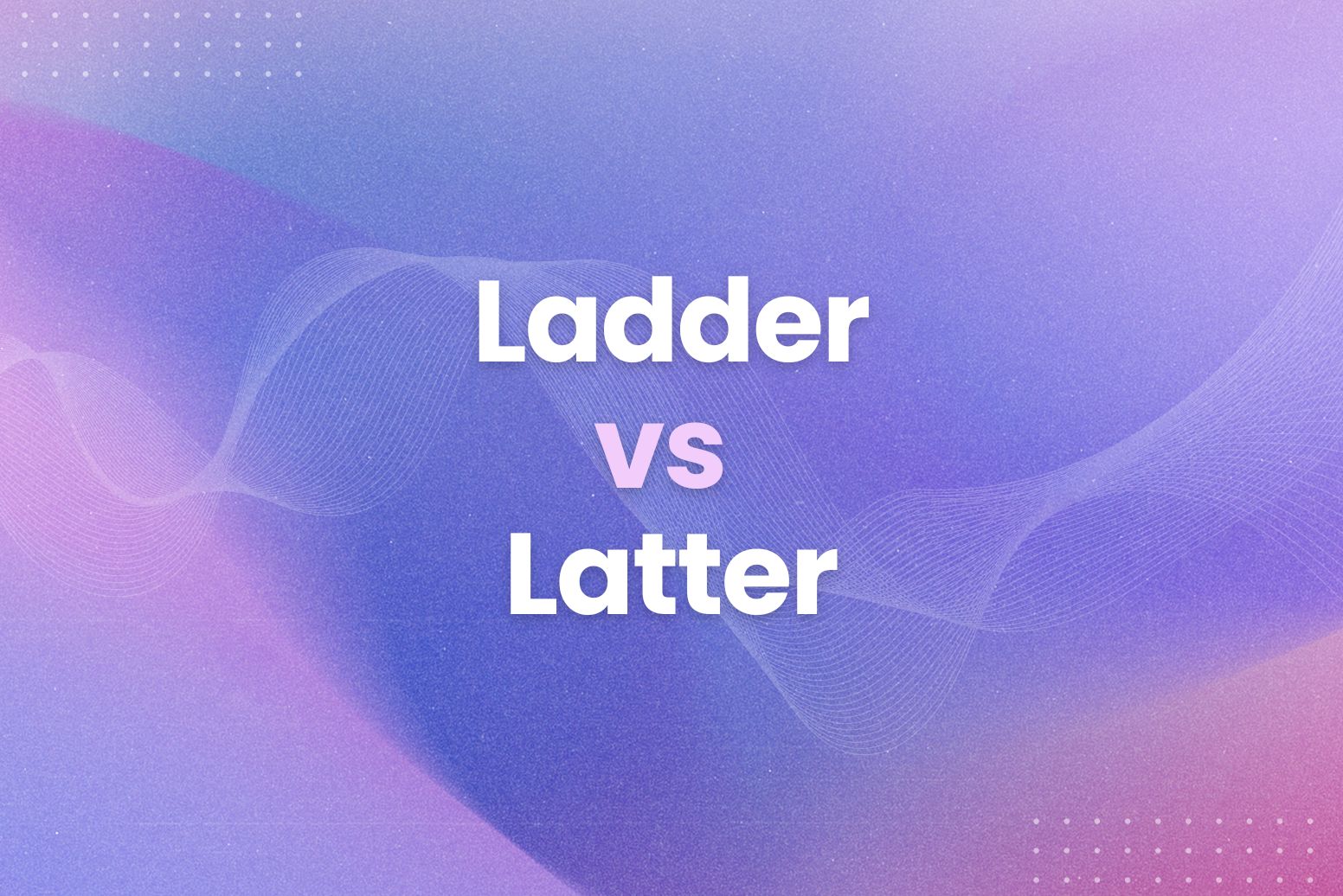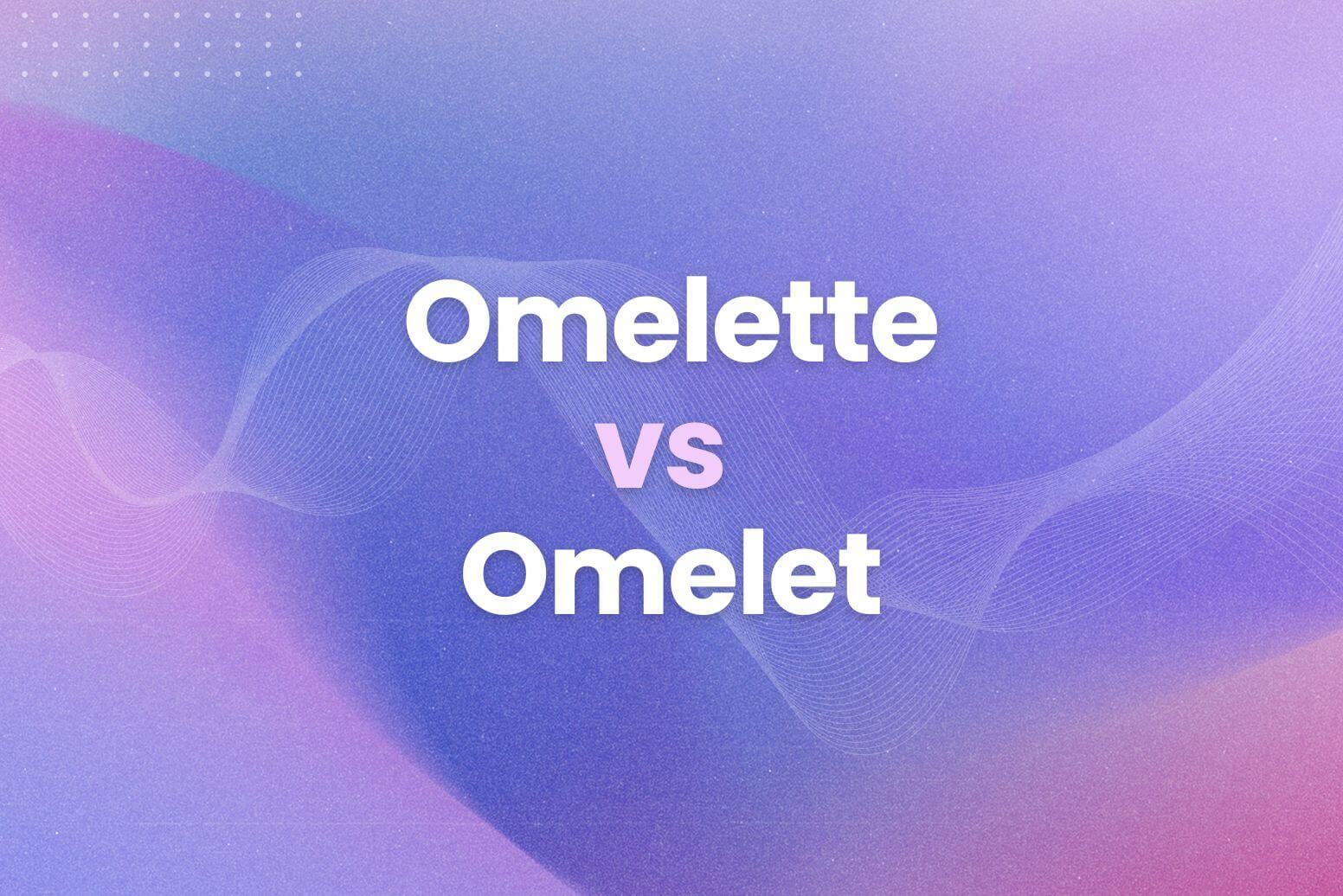“While” vs “whilst” – these two little words often leave writers scratching their heads. They seem interchangeable, yet sometimes one just feels off. But fear not. We’re here to clear up the confusion.
In this post, we’re going to talk about the while vs whilst difference. We’ll uncover their origins, explore their subtle differences, and help you use them like a pro.
Here’s the rundown:
- The history of “while” and “whilst”
- The subtle difference between while vs whilst in meaning
- Whether “whilst” makes you sound smarter (or just pretentious)
- How to pick the right word every time
Ready to become a “while” and “whilst” whiz? Let’s go.
The History of “While” and “Whilst”
Language evolves, but it doesn’t forget its roots. Both “while” and “whilst” trace back to Old English, though their paths have diverged over time.
“While” comes from the Old English word hwīl, meaning a period of time. It was widely used in both casual and formal contexts, making it a versatile part of speech. Over the centuries, “while” cemented itself as a staple in modern English, especially in American usage.
“Whilst”, on the other hand, took a slightly different route. It emerged as a variation of “while” during the Middle English period. At the time, adding “-st” was common in forming words, often to create a poetic or formal feel. Consequently, “whilst” became more prominent in British English, where it still holds a certain charm today.
To clarify:
- “While“ became the preferred choice globally, especially for informal writing.
- “Whilst“ lingered in British English, typically in formal or traditional contexts.
Understanding this history explains why “whilst” feels refined, even though its meaning is identical to “while.” It’s less about grammar and more about the vibe you want to convey.
The Subtle Difference Between While vs Whilst in Meaning
At their core, “while” and “whilst” mean the same thing: they refer to time or contrast. However, subtle differences in tone and usage can change how they’re perceived.
“While” is straightforward and widely used. It feels neutral, making it a go-to choice for both formal and informal settings.
- Example 1: While I was cooking, the phone rang.
- Example 2: She smiled while reading the book.
“Whilst”, on the other hand, has a more formal or old-fashioned ring to it. It’s often reserved for academic writing, literature, or settings where a traditional tone is preferred.
- Example 1: Whilst the results were promising, further research is needed.
- Example 2: He stayed indoors, whilst the storm raged outside.
The real difference lies in geography and style. Americans overwhelmingly use “while,” regardless of tone. British English speakers might lean on “whilst” for formal occasions or to add a bit of flair.
To summarize:
- Use “while” when aiming for a neutral or modern tone.
- Use “whilst” if formality or regional style is the goal.
Still not sure? Arvin can quickly point out which fits best in your context, saving you the guesswork.
Does “Whilst” Make You Sound Smarter (or Just Pretentious)?
Let’s be honest: “whilst” can feel like it’s trying too hard. Some people use it to appear more intelligent or polished, but does it actually work?
The case for smarter: “Whilst” has a formal, almost literary vibe. It’s commonly found in academic papers, historical novels, and traditional British English. Using it might signal that you’re detail-oriented or writing for a professional audience.
- Example: “Whilst our findings are preliminary, the implications are significant.”
This phrasing might feel more authoritative in academic or legal contexts.
The case for pretentious: In casual writing or speech, “whilst” can come off as outdated or unnecessarily fancy. Americans, in particular, might see it as stuffy. If the tone of your writing doesn’t match the word’s formality, it can sound forced.
- Example: “I was texting my friend, whilst waiting for the bus.”
Here, “whilst” feels out of place, like trying to wear a tuxedo to a backyard barbecue.
What’s the verdict? It depends on your audience. If you’re writing for a formal or UK-based crowd, “whilst” might fit perfectly. Otherwise, stick to “while” to avoid raising eyebrows.
Not sure which works best? Arvin can analyze your text and suggest edits based on tone, region, and formality, so your writing always hits the mark.
How to Pick the Right Word Every Time
Choosing between “while” and “whilst” doesn’t have to be complicated. A few simple tips can help you make the right call, whether you’re writing an email, essay, or social post.
- Consider your audience. Are you writing for an American or British reader? For American audiences, “while” is the safe and expected choice. British readers might appreciate “whilst” in formal or traditional contexts.
- Match the tone. “While” works everywhere, from casual to professional settings. “Whilst,” on the other hand, should be reserved for formal writing or when you want an old-fashioned touch.
- Keep it consistent. Once you choose, stick with it. Mixing “while” and “whilst” in the same piece can confuse readers and disrupt the flow.
- Use a grammar tool. If you’re unsure, let tech do the heavy lifting. For instance, Arvin can analyze your writing and suggest the most appropriate word based on your context and tone. It’s a quick way to avoid second-guessing.
Examples to guide you:
- Casual: “While I love pizza, I try to eat healthy most days.”
- Formal (British): “Whilst the proposal was ambitious, it was well-received.”
By following these steps, you’ll always use the right word—and avoid the dreaded “trying too hard” trap.
Clear Communication Made Simple with Arvin
Choosing between while vs whilst comes down to tone, audience, and context. Both words serve the same purpose, but their nuances can shape how your writing is perceived.
Here’s what to remember:
- “While” is neutral, versatile, and works in any context.
- “Whilst” is formal, traditional, and mainly British.
- Consistency is key—stick with one throughout a piece.
- Consider your audience to make the right choice.
- Use tools to check for tone and clarity when in doubt.
When you’re working on polishing your writing, Arvin is your perfect sidekick. Its grammar function goes beyond spell checks, helping you choose words that fit your tone and audience. Whether you’re deciding between “while” and “whilst” or refining an entire draft, Arvin makes writing clearer and more confident—no guesswork required.
FAQs About While vs Whilst
How do we use “whilst” in a sentence?
Use “whilst” in place of “while” when aiming for formality or a traditional tone.
Example: “She stayed inside, whilst it poured outside.”
Is it while talking or whilst talking?
Both are correct, but “while talking” is more common, especially in casual settings.
Does Australia use while or whilst?
Australians use both, but “while” is more common. “Whilst” appears in formal or literary contexts.
Who uses whilst?
“Whilst” is primarily used in British English, especially in formal writing or speech.
When to use while?
Use “while” for all settings, as it’s universally understood and works for casual and professional tones.






